There are times when we question everything about our identity and our beliefs and these questions emerge from deep within our consciousness. That’s the time we take the path of soul searching. But what is soul searching actually? This is all about reaching inside and recognizing what is in your inner most soul, your inner most secrets.
“I definitely had to do some soul searching, and there would be a lot of times where I would sit back and look at the Internet and say to myself, ‘This is a way of being able to communicate with all my fans all over the world, other than just being in New York and only hearing the New York side of things.” —- Raekwon
You feel lost in life. You’re sick of your job, your relationships are mediocre at best, your friendships are boring and empty, you feel dead inside, and you’ve lost the zest for life …
Can you relate to any of these feelings or experiences?
If you can, you might be going through an increasingly common experience known as the existential crisis. In other words, you’re at a crossroads in life: you’re feeling stuck and you’re starting to crave a more meaningful existence.
So what’s the solution to this gnawing angst?
Soul Searching.

You might have heard this term before but not given it much attention or importance. Am I right? Well, I’m here today to point out that,
(1) you’ve arrived at this page for a reason, and
(2) soul searching is a vital part of every life journey in this world.
In this article, my intention is to show you why and how.
What Is Soul Searching? (Definition)
To put it simply, soul searching is the quest to answer life’s problems and questions. When most people refer to ‘soul searching,’ they are talking about uncovering truth and happiness by questioning our thoughts, habits, and motivations. But soul searching also has a deeper meaning.
At its core, soul searching is a return to the center of your being. Quite literally, it is a journey to find your Soul or True Nature; it is a spiritual path. And usually, it marks the beginning of the spiritual awakening journey.
Why Soul Loss Is The Root Cause Of Soul Searching
Why do some of us have such an intense, visceral desire to soul search? To find what is meaningful, true, authentic, and deep?
The answer is soul loss.
When we are disconnected from our Souls we feel anxious, depressed, lonely, isolated, and chronically dissatisfied with life.
To overcome this pain, we need to reconnect with the deepest, rawest, most alive, and fundamental part of ourselves.
Indigenous and shamanic cultures for thousands of years have known about the phenomenon of soul loss, and it’s an increasing epidemic in our society. In our age of technology, in a society run on materialistic ideals and egotism, we are becoming increasingly disconnected from the wild, raw, and primal Center of our being.
As Gary Zukav writes:
We have not turned our attention to the needs of the soul. We have not considered what is required by the soul in order to be healthy. We have not studied the soul or sought to help it attain what is necessary to its evolution and its health. Because we have been five-sensory, we have focused upon the body and the personality.
We have developed an extensive knowledge of the physical apparatus that the soul assumes when it incarnates. We know of amino acids, neurotransmitters, chromosomes, and enzymes, but we do not know of the soul.
So What Exactly Is Soul Loss?
As we explain in our soul loss article:
When we experience Soul Loss, a part of our Soul – or living essence – ‘hides’ or shuts away, hindering us from expressing and experiencing our true potential and wholeness as human beings. Often times entire aspects of our psyches are completely blocked out or repressed.
There are many causes of soul loss. Some of the common reasons are listed below:
- Childhood trauma (physical, emotional, mental, or sexual abuse; divorce; immigration; death in the family; abandonment, bullying, etc.)
- Adult trauma (job loss, poverty, rape, violence, divorce, mental health issues, isolation, accidents, death of loved ones, discrimination, etc.)
- Social conditioning
- Religious brainwashing
- Overuse of technology/entertainment (i.e., a form of numbing and escapism)
- Inherited ancestral trauma
- Materialism
- Scientific/reductionist values and structure of society
… and the list goes on.
Essentially, anything that threatens our physical, mental, or emotional survival – and any addictive, one-sided, suppressive ideology or habit – causes soul loss.
As a result, most of us feel a nagging, looming feeling that something is wrong …
Something is missing. We’re not happy with ourselves or our lives, no matter how popular, successful, or attractive we are. Something is always missing. And what’s missing is the connection we have with our Soul.
Related: How to Embrace Your Whole Being and Another Soul the Same Way
19 Signs You’re A Lost Soul
The truth is that most people in society are lost souls.
They don’t know about, aren’t interested in, and have never dipped into the vast waters of their True Nature. Instead, they operate solely from the ego, the false self, that was constructed since childhood to defend against the overwhelming magnitude of Life.
Even when such people do begin to hear the longing of the Soul to break free and be seen, they suppress it. They go back to the beliefs, habits, and structures in society that reinforce mindlessness and soullessness – because it’s easier, it’s less intimidating, less confronting.
But eventually, the longing becomes so intense that they have no choice but to listen. This is the beginning of the spiritual awakening process: the dismantling of the ego and the blossoming of our Soul or True Nature.
However, there’s an in-between place: a limbo. This is the space where lost souls dwell. In this limbo, this dance between the old dissolving and the new not-yet-coming-into-being is deeply felt.
One feels stuck, lost, empty, alone, and scared. There is the temptation to go back to old ways of being, but at the same time, there’s a profound sense of dissatisfaction with everything.
If you’re stuck in this limbo, you might experience the following symptoms:
- You feel constantly lethargic and fatigued
- You have no motivation and feel restless
- You feel alone
- You feel unhappy with your life
- You crave for something ‘more’
- You’ve become the outsider or black sheep of the family
- You’re frequently irritable and moody
- You’re undergoing a mid-life or quarter-life crisis
- You’re more prone to addictions
- You struggle with self-loathing
- You keep trying to numb the pain, but nothing works
- You feel fundamentally ‘broken’
- You struggle with existential depression and anxiety
- You feel like something is missing within you
- You’re bored and dissatisfied with others and life
- You feel stuck and stranded
- You struggle with feeling empty inside
- You don’t know who you are anymore
- You want to know what the point of everything is
Can you relate? If so, you’re certainly not alone. Welcome to the lost souls club. Motto: I can’t get no, satisfaction.
Related: 5 Ways You Can Love Yourself When You Are Feeling Lost
How To Do Some Soul Searching (7 Paths)
It’s because we feel separate from oneness that we begin to search, the search for completion, the search to come home.
– Jeff Foster
It’s easy to soul search in the modern secularized sense of the term. All we need to do is introspect a little and ask ourselves some pointed questions. Traveling is often touted as a great way to soul search for young, bright-eyed seekers.
But soul searching, in the spiritual sense of the term, is much harder. It’s more elusive, more slippery, more complex. Nevertheless, to my knowledge, it is the most worthy and important pursuit in existence.
What could be more vital than connecting with your innate, fundamental, spiritual Essence?
If you’re seeking to answer questions about mundane issues (like what job do I suit, should I get married, etc.) then perhaps the below recommendations won’t satisfy you.
On the other hand, if you’re looking to dive deep, learn how to find yourself and how to be true to yourself, and unite with your True Nature, keep reading:
1. Make friends with solitude
Solitude will be your greatest ally when it comes to soul searching. Be a lone wolf. How else can you listen to the whispers of your Soul in a chaotic, noisy world? The answer is that it’s extremely difficult unless you have undergone years of rigorous meditation training (which, mind you, most people haven’t).
So make regular time and space to spend with yourself away from others – no technology interruptions either (digital people are still people). Think about dedicating ten minutes to half an hour (or more) each day to an activity of your choice.
You might choose something passive, such as meditation, or active, such as taking a stroll through the woods. Honor your level of energy and go with it. This is a simple but powerful way of learning how to find yourself.
2. Explore the nature of your ego
If your Soul is your True Nature, your ego is your false self: it’s the mask you present to the world. Your ego is much like a cloud. It appears to have form, but it changes and morphs constantly.
Question: have you ever noticed that you put on different roles with different people? Yep. That’s your ego in action – it’s not solid, and essentially, it’s a misrepresentation of who you really are.
Unfortunately, our ego genuinely believes it is who we really are. Because it’s so convinced that it’s real, it will reject any attempt to dismantle it because it perceives that as a death threat. And so, growth of any kind is extremely difficult because the ego is always trying to protect itself.
As we can see, exploring the nature of your ego (and learning to gently see through it) is a crucial step in your soul-searching journey. In fact, it’s the single biggest block to tasting and embodying who you really are.
Some ways to explore your ego include:
- Journaling – writing down your thoughts, self-beliefs, habits, likes, hates, and so on
- Self-inquiry – asking constantly “who am I?” and see what changes, fades, or dies (these are your ego elements); paradoxically, we discover who we are by seeing who we are not.
- Meditation – learning how to witness your thoughts and the stories constructed by the mind
These three simple practices can have a tremendous impact on your ability to see clearly and experience the truth of who you really are.
3. Reconnect with your child self
As author and psychotherapist, Dr. Neal Marshall Goldsmith writes:
The soul … is this part of us that is the earliest, deepest, and the most authentic part of us.
Your inner child carries the original qualities of your Soul that you were born with. And thankfully, it’s not that difficult to reconnect with your inner child.
I’ve written a lot about inner child work on this website in the past, but to summarize, here are a few ways to tap into your childhood self:
- Write a letter to your inner child
- Do an inner child visualization (there are many for free on youtube)
- Look at pictures of your inner child
- Do something your inner child loved to do when you were little
Approach these activities gently. Make observations about your younger self: did s/he smile more? Was she more in touch with emotions? Did she seem more curious and creative? Reflect on the you now and the you then. What qualities from your inner child can you integrate more into your life?
Related: 8 Ways Reparenting Yourself Can Help Heal Your Inner Child
4. Reflect, introspect, and visualize
Soul searching is an inwards adventure. Therefore, the practices and steps you take toward finding your inner Center will often require reflection and introspection. Visualization enhances these two qualities and helps you to retrieve knowledge and guidance through the power of imagination.
Poet and philosopher, Mark Nepo, shares a beautiful visualization in his book The Book of Awakening:
Close your eyes and breathe your way beneath your troubles, the way a diver slips to that depth of stillness that is always waiting beneath the churning of the waves.
Now, consider two things you love doing, such as running, drawing, singing, bird-watching, gardening, or reading.
Meditate on what it is in each of these that makes you feel alive.
Hold what they have in common before you, and breathing slowly, feel the spot of grace these dear things mirror within you.
This example of reflection, introspection, and visualization is perfect for soul searching as it gets you in touch with your basic aliveness: the essence of your Soul. You can listen to or create any visualization that appeals to you, just make sure it’s Soul-centered.
5. Connect with nature and the wildness within you
Nature is tremendously healing and revivifying to the human Soul. We often think of ourselves as separate from nature. We’re human and “above” nature, after all, right? Wrong. We’re an inseparable part of nature. Our blood, bones, hair, skin, and entrails are all stuff of the earth: animalistic, carnal, corporeal.
Despite centuries of domestication, the human Soul still retains its innate, fundamentally wild nature. We are not wild in the sense of ‘uncontrollable’ or ‘feral,’ but wild in the sense that the Center of our Being can’t fully be tamed: it is essentially free. We are, at our core, all free spirits. We see this in moments of heroism, in the primal screams of childbirth, in the grunts of lovemaking, and the belly-deep laughs of mirth.
To get in touch with our basic wildness, our inner wolf is to unite with a fundamental quality of the Soul – and that can easily be rediscovered in the domain of nature.
It’s not difficult or taxing to reconnect with nature. All it requires is just a couple of minutes a day outside, mindfully observing the trees, the animals, the clouds, and the sun rays beaming through the clouds. If you’re lucky enough to live close to a natural reserve, you might like to practice the Japanese art of Forest Bathing or take a blanket and have a picnic.
If you’re in the city, there’s still the opportunity to connect with nature. Go to the local park, listen to the sounds of nature on your phone, buy a potted plant. When your heart is open, there are endless ways for nature to creep, dig, weave, and sprout its way into your life.
6. Ask some soul searching questions
Questions are simple and direct ways of finding your personal truth. And living truthfully is living authentically: it is respecting the nature of your own Soul.
Some questions you might like to ask during your soul searching journey might include the following:
- Who am I?
- What do I want in life?
- What is the meaning of life?
- What is my true purpose?
- What is authentic within me?
- What is inauthentic within me?
- What does happiness mean to me?
- What would truly fulfill me?
- Where is my ego an obstacle?
- What is a Soul quality of mine?
- What legacy do I want to leave?
These are only a few examples of soul-searching questions, so feel free to create and ask your own. Also, you might like to turn these questions into journaling prompts to regularly reflect on and answer.
Related: What Is Your Soul Symbol? Your Birth Month Has The Answer
7. Find your soul space and place
Sound confusing? I’ll explain.
A soul place is a physical location that deeply calls to you: it speaks to your Soul. You might feel a sense of nostalgic longing for this place, a sense of deep resonance, and almost mystical significance. Soul places can be mundane areas (such as your backyard), untouched areas (such as a place in the wilderness), or holy sites (such as Stonehenge, Uluru, Notre Dame Cathedral, etc.).
You will feel a sense of expansion in these places, deep peace, and like you have finally ‘found a home.’ What has happened is that you’ve found an external representation of the inner heaven within you. That’s why Soul places touch us so deeply.
Your soul space, on the other hand, is an inner experience of your True Nature. We often inhabit our soul spaces in moments of prayer, contemplation, altered states of consciousness, and deep meditation.
As Mark Nepo writes,
Each person is born with an unencumbered spot—free of expectation and regret, free of ambition and embarrassment, free of fear and worry—an umbilical spot of grace where we were each first touched by God.
It is this spot of grace that issues peace. Psychologists call this spot the Psyche, theologians call it the Soul, Jung calls it the Seat of the Unconscious, Hindu masters call it Atman, Buddhists call it Dharma, Rilke calls it Inwardness, Sufis call it Qalb, and Jesus calls it the Center of our Love.
To know this spot of Inwardness is to know who we are, not by surface markers of identity, not by where we work or what we wear or how we like to be addressed, but by feeling our place in relation to the Infinite and by inhabiting it.
To inhabit this soul space, we need to break through the barriers of the ego through various methods of inner work – that is the doing side of things. The other side is being: we need a practice that helps us to cultivate inner stillness and silence. And the best method I know of for experiencing this state is meditation.
By practicing both inner work techniques and meditation, we embody more and more our True Nature. And finally, as Turkish poet and Sufi mystic Yunus Emre writes, we discover that:
I am the drop that contains the sea. How beautiful to be an ocean hidden within an infinite drop.
To the soul, search is to be fully human, to embark on the greatest journey that life offers us: the spiritual quest.
I hope this article and guidance I’ve offered inspires you to dive deeper and reunite with the Essence of who you really are.
Written By: Aletheia Luna Originally Appeared On: Loner Wolf
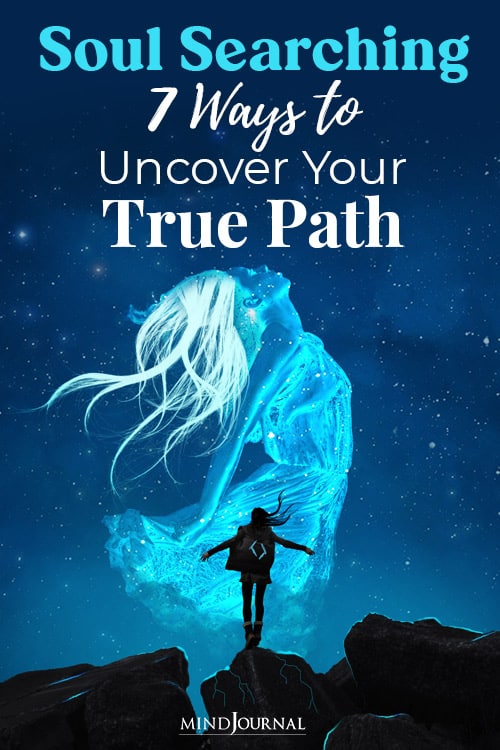
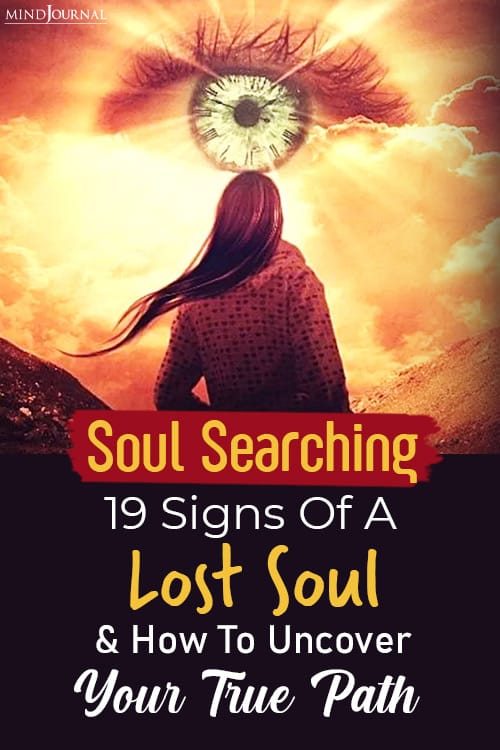



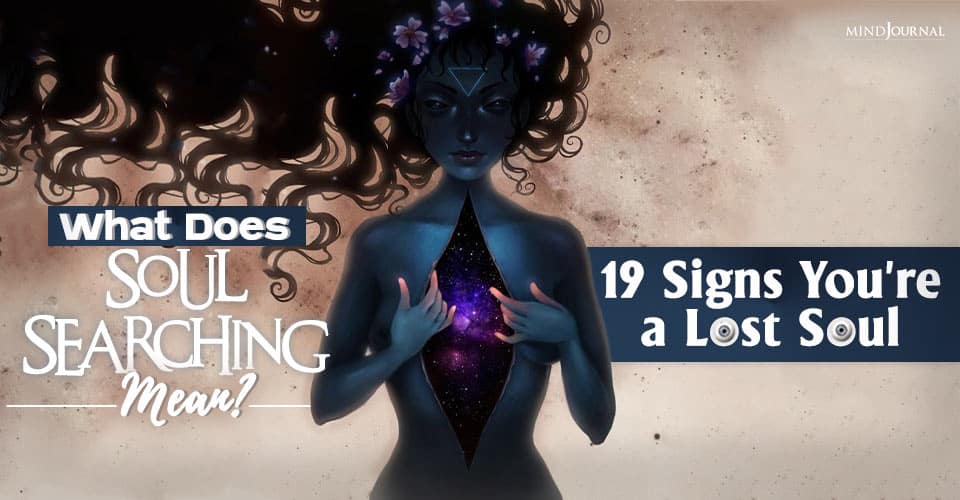
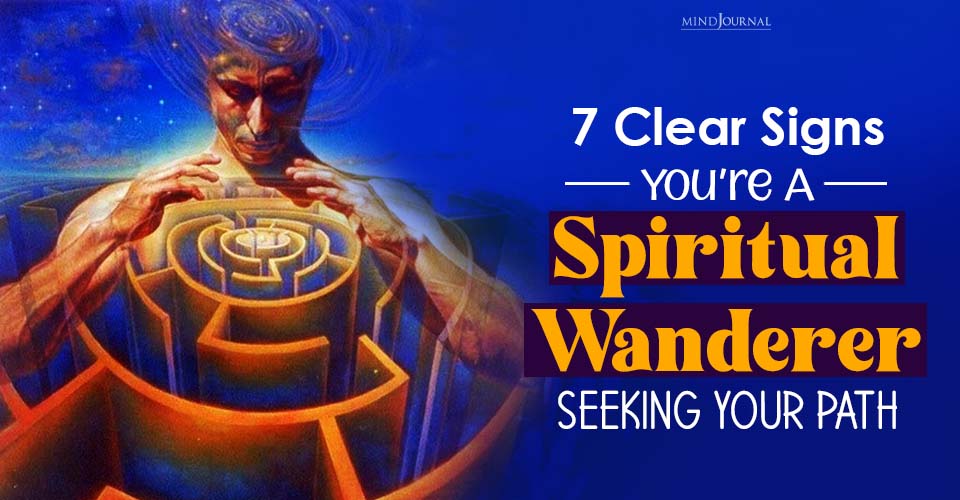
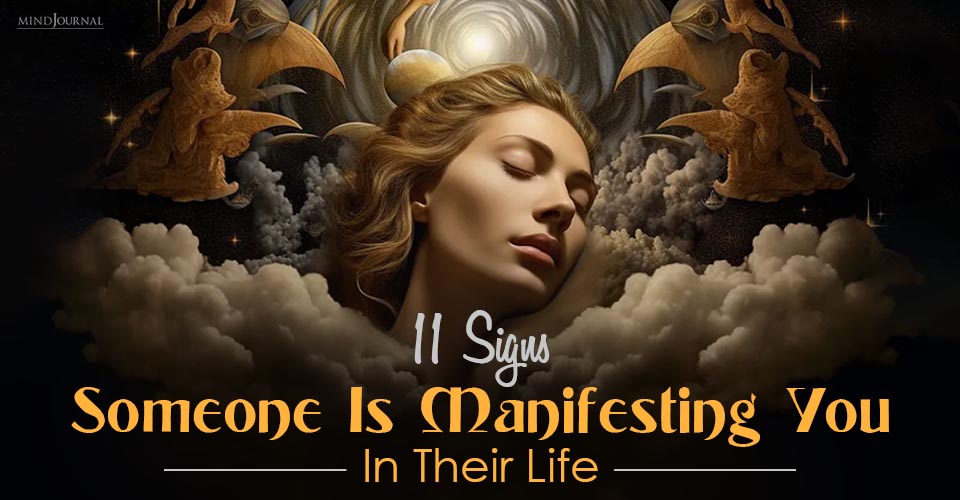
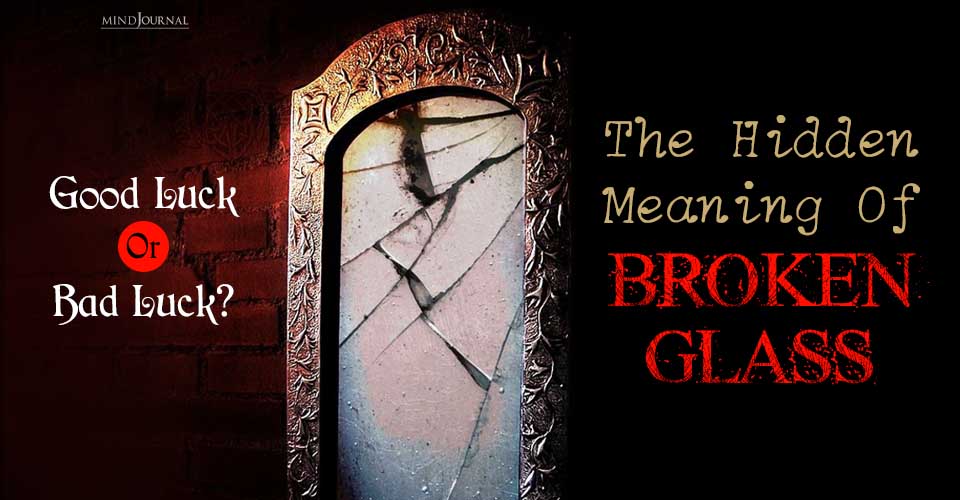
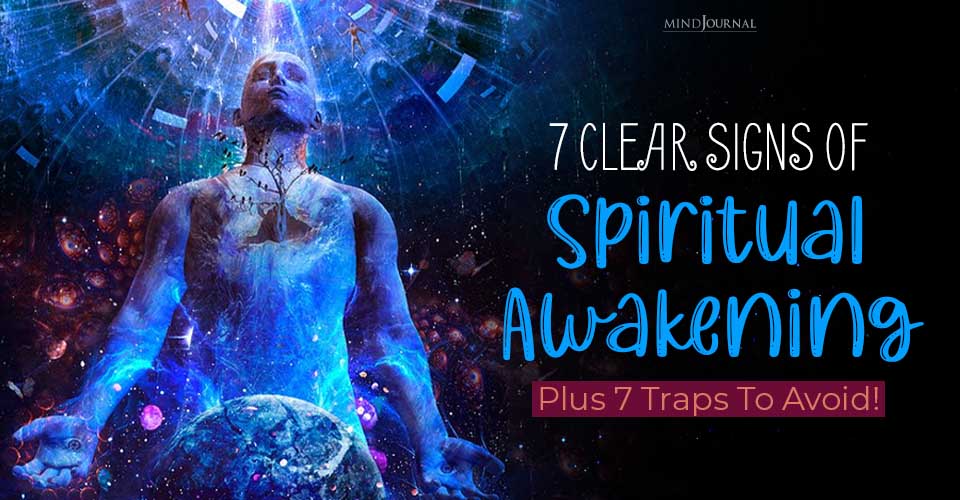
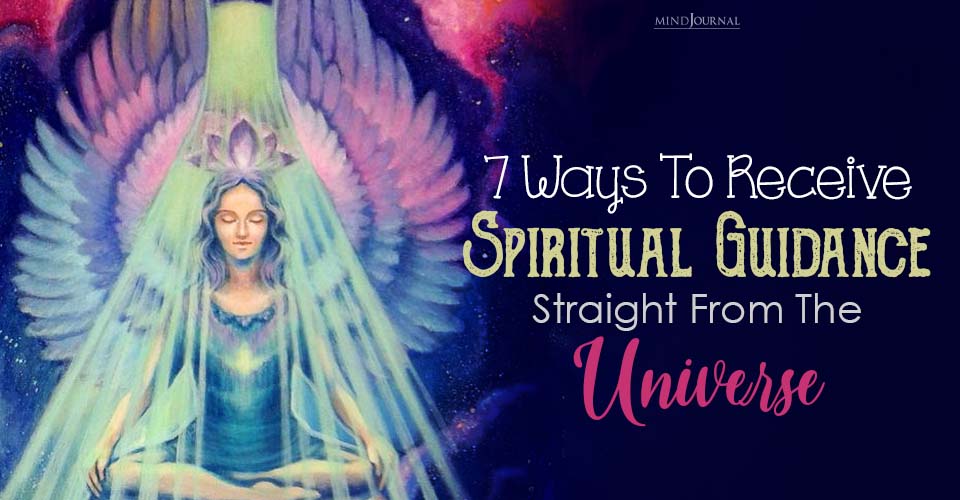
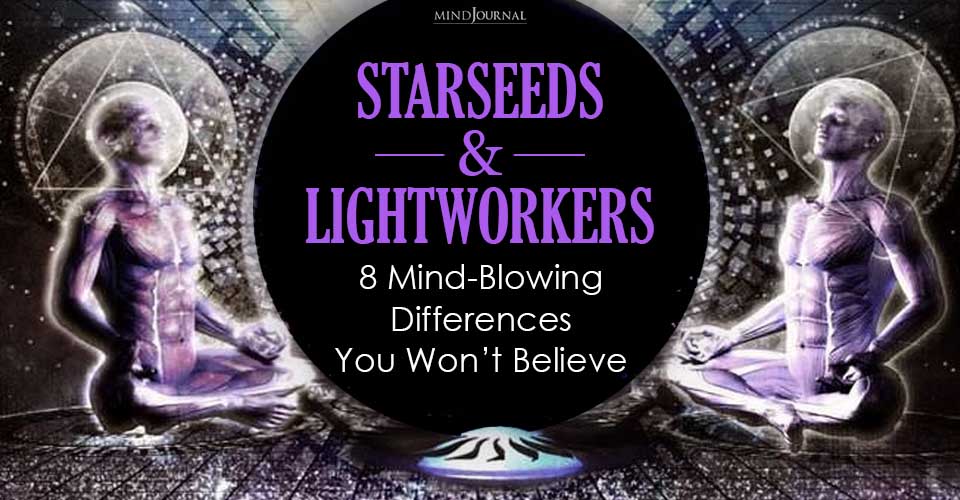
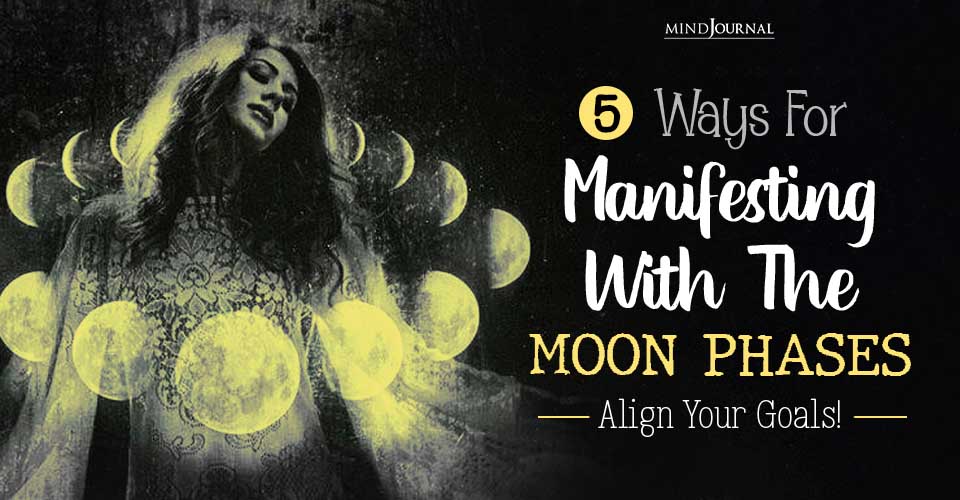
Leave a Reply